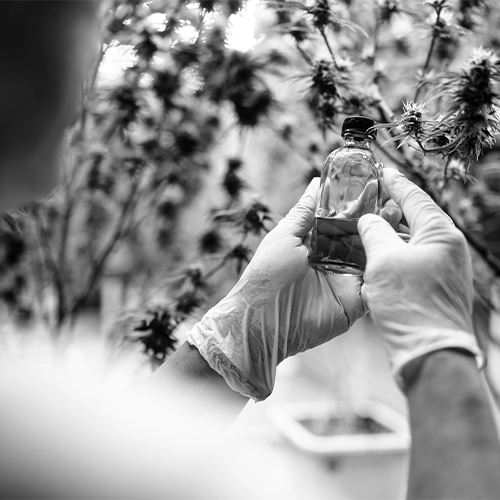Controlled Drugs | Classification and Offences

The Misuse of Drugs Act 1971 (‘the Act’) was established to provide a legal framework governing the use of controlled drugs and substances, provides:
‘It shall be the duty of the Advisory Council to keep under review the situation in the United Kingdom with respect to drugs which are being or appear to them likely to be misused and of which the misuse is having or appears to them capable of having harmful effects sufficient to constitute a social problem.’
Whilst many controlled drugs are used as a matter of course by health practitioners, there are those substances with no therapeutic purpose used solely as ‘recreational drugs.’ The primary objective of the Act is to control the use and distribution of dangerous and harmful drugs, with the aim of preventing drug misuse.
Mohammed Ahmed of KANGS comments upon the classification of controlled drugs and some of the offences created by the Act.
Classification of Controlled Drugs
The Act introduced the classification of controlled drugs being Class A, B or C, having regard to their potential for harm arising from misuse.
The most hazardous drugs, such as cocaine and heroin, fall within Class A and classification takes into account the extent to which the drug:
- is being misused,
- is likely to be misused, and
- likely to constitute a social problem.
Schedule 2 of the Act provides an extremely comprehensive list of the way drugs are classified, a small sample being:
Class A
Cocaine, Diamorphine, Methadone, Morphine, Oxycodone.
Class B
Cannabis, Ketamine, Ritalin, Codeine and Amphetamines.
Class C
Anabolic Steroids, Nitrous Oxide and Khat.
Offences
The Act provides that, subject to specific exceptions, it shall not be lawful for a person to:
s.4(1)
- produce a controlled drug or
- supply or offer to supply a controlled drug to another.
s.4 (2)
- produce a controlled drug in contravention of s.4(1)
- be concerned in the production of such a drug in contravention of that section by another.
s.4(3)
- supply or offer to supply a controlled drug to another in contravention of s. 4(1), or
- be concerned in the supply of such a drug to another in contravention of that section or
- be concerned on the making to another in contravention of that subsection of an offer to supply such a drug.
s.5(1)
- have a controlled drug in his possession.
s.5(3)
- have a controlled drug in his possession, whether lawfully or not, with intent to supply it to another in contravention of section 4(1).
ss.8 (a) > (d).
- being the occupier or concerned in the management of any premises, knowingly permits on such premises, the production or attempted production of a controlled drug, the supply or attempted supply of a controlled drug to another, the preparation of opium for smoking or the smoking of cannabis, cannabis resin or prepared opium.
Potential Defences
In respect of the offences set out in sections 4 and 5 above, a defence may be available for the accused to prove that he did not know of, suspect or had reason to suspect the existence of some fact alleged by the Prosecution and necessary for the Prosecution to prove, in order to achieve conviction.
Sentencing
Fines and imprisonment
The range of sentences which can be imposed by a court upon conviction is extremely wide dependent upon the nature of the offence, the classification of the substances involved, its seriousness and the period of time throughout which the offence was committed.
By way of example, conviction under s.5(1) could vary from a discharge order to seven years in custody whilst extreme cases may attract life imprisonment.
Forfeiture
Section 27 of the Act provides that the court:
‘may order anything shown to the satisfaction of the court to relate to the offence, to be forfeited and either destroyed or dealt with in such other manner as the court may order.
POCA
Following conviction, a defendant may be subjected to Confiscation Proceedings under the Proceeds of Crime Act 2002 with the intent of preventing that person from benefiting from the proceeds of the crime committed.
How Can We Help?
Conviction for any offence under the Act may carry severe consequences, including as mentioned above, the potential for life imprisonment.
The range of penalties which may be imposed by a court upon conviction is far too comprehensive to be covered in an article of this nature. However, the Team at KANGS provides enormous experience gained from defending clients facing allegations of every nature involving drugs and can provide clients with knowledgeable guidance and support.
If faced with allegations of criminal conduct of any nature, including those involving controlled drugs and substances, it is important that you seek immediate legal assistance.
If we can be of assistance, our Team would be delighted to hear from you, contact us using the details below:
Tel: 0333 370 4333
Email: info@kangssolicitors.co.uk
We provide initial no obligation discussion at our three offices in London, Birmingham, and Manchester. Alternatively, discussions can be held through video conferencing or telephone.
Top ranked by leading legal directories Chambers UK and the Legal 500.






